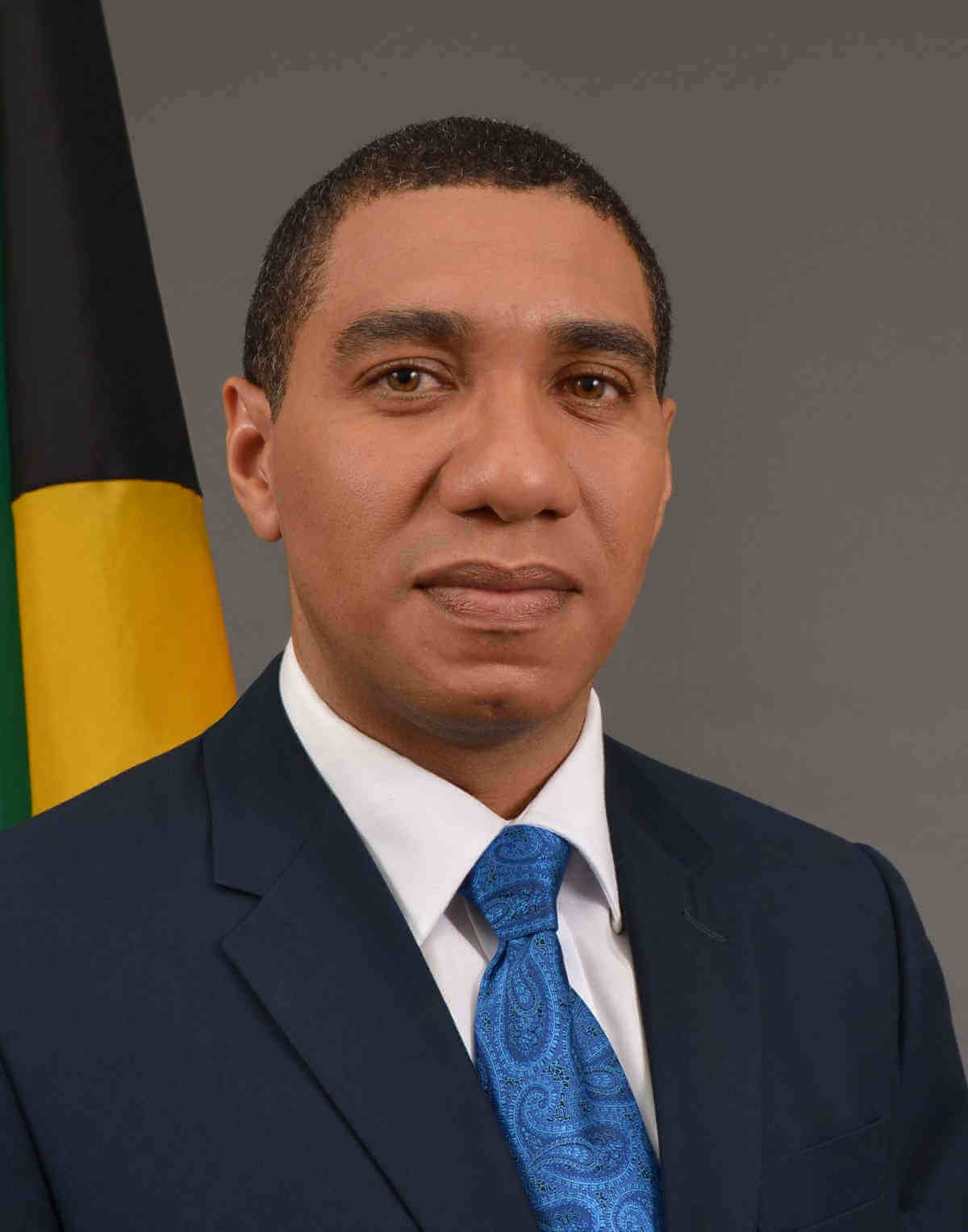Curfew in Jamaica irks more than a few
By Vinette K. Pryce From Caribbean Life

Jamaica Information Service / Yhomo Hutchinson
In an effort to counter a third wave of COVID-19 in Jamaica, the government imposed a mandatory daily curfew and complete island-wide weekend shutdown some nationals are protesting.
The Disaster Risk Management Act provided data showing a surge in hospital admissions on the island attributed primarily to 40,000 people infected with the coronavirus which already claimed the lives of 607 nationals.
In order to slow the spiral, the government issued daily curfews. Since March, nationals are prohibited from regular daily activities and a cut-off time limit from 5 pm to 8 am.
On weekends the demand for compliance seems more stringent with “no movement†restrictions imposed throughout the two-day period.
Prime Minister, Andrew Holness vowed to levy fines against violators, complacent, unmasked citizens and groups disobeying the social distancing mandates.
The first daily curfews began on March 23 continuing through the weekend of March 27.
Road scenes from the capital city of Kingston to the second city of Montego Bay mirrored NYC Times Square last April at the peak of the lock-down period. Empty parks, streets, shuttered stores, churches and business establishment complied with the enacted laws.
Noticeably absent were stray animals which usually roam around city streets.
The busiest business areas surrounding Sam Sharpe Square in the second city and Kingston’s Half-Way-Tree hub resembled the kind of ghost town a majority of the population had never seen or imagined.
Critics of the weekend lockdown complained that temporary lockdowns are unreliable and even useless. Their reasoning is that a surge might be inevitable if families are forced to be confined into small spaces for extended period of time.
There are some who reject the curfew initiative and are proposing a complete, continuous shutdown they believe might be more effective.
Complaints were lobbed by leaders of the religious community, business owners and citizens in deference to mask wearing, social distancing and lockdowns.
On Good Friday, the latest figures from the Ministry of Health and Wellness revealed 424 more COVID-19 cases over the previous 24 hours. Worst case scenario was that eight more casualties were attributed to the deadly virus.
Chief Medical Officer, Bisasor McKenzie said the latest data indicated “possibly, a plateauing in the number of (COVID-19) cases†over the previous two weeks relative to the same period preceding the curfews.
She stopped short of analyzing the effectiveness of the curfews only adding that it was “too early†to report any trend since they were imposed.
Once again the streets emptied last weekend when the national Easter holiday marked the end of the Lenten season.
To the dismay of a majority of Jamaicans who pride themselves as Christians, they were forced to abandon the traditional church visits and spiritual gatherings.
Revelers who usually anticipate the Sunday start to Jamaica Carnival found the curfew a disruptive process that curtailed masquerades through the parishes.
Traditionally, following the solemn commemoration of the crucifixion and resurrection of Jesus Christ on Friday, Jamaicans usually celebrate on Monday, by attending outings, picnics and beach parties.
As a preventive measure throughout the lockdown, beaches were designated restricted areas policed with penalty to violators.
Hospitals are nearing maximum capacity and funerals have been limited to 30 minutes with a maximum of 10 persons in attendance.
The families of reggae legends Bunny Wailer and U-Roy are among the aggrieved affected by the limitations.
Funeral rites for Wailer who died March 2 and U-Roy on Feb. 17 remain in limbo. Together they fathered 29 children.
Restrictions on the island are expected to end on April 11.
For more on this story go to: CARIBBEAN LIFE





